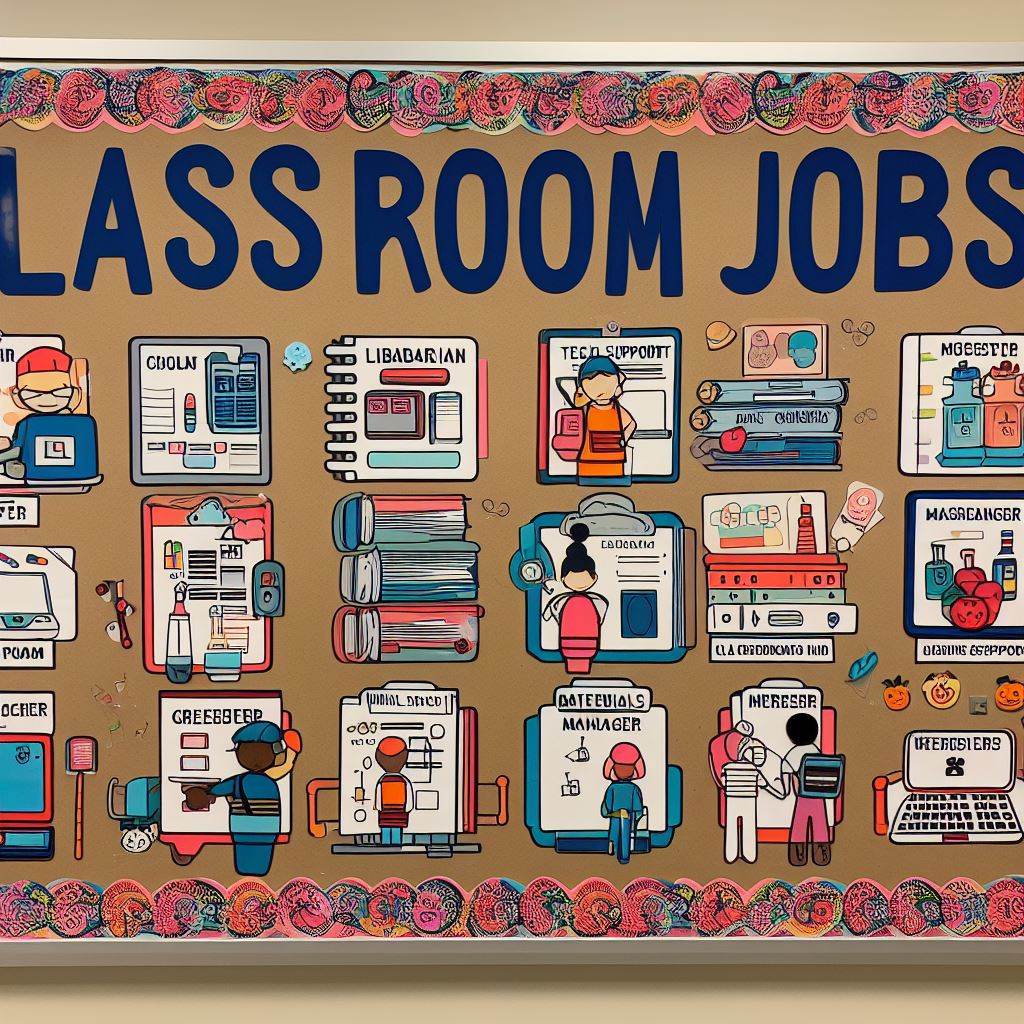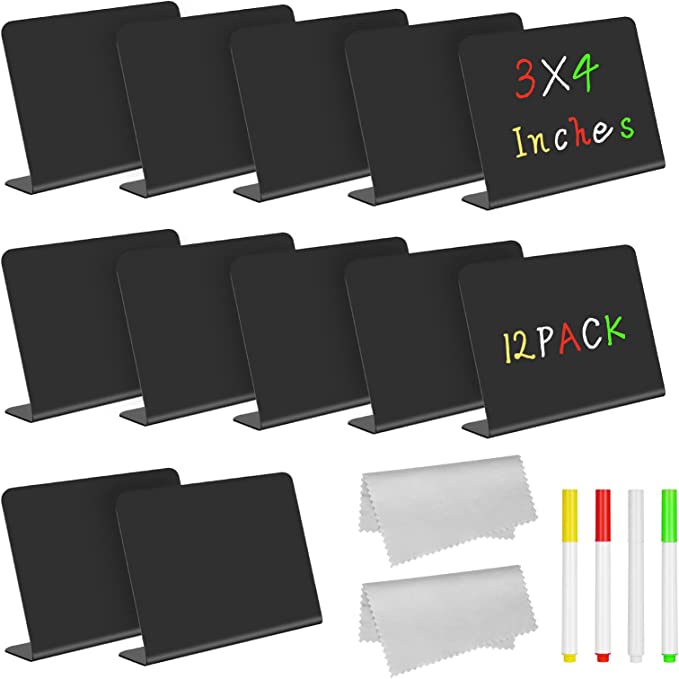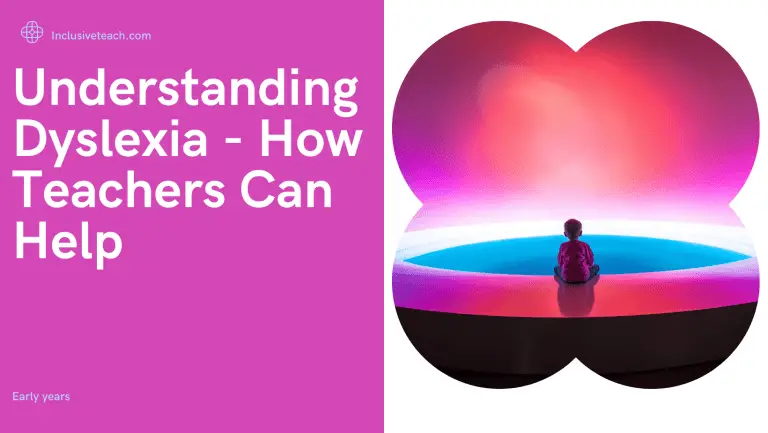Classroom Jobs for Students
Empowering Students with Classroom Jobs
Welcome to a world where the classroom isn’t just a place for learning, but also a space where responsibility, teamwork, and leadership skills are nurtured. The early we can start to develop these skills in our young people the more effective the impact. Classroom jobs for pupils are an innovative way to foster these skills, and in this article, we’ll delve into the different roles students can take on and the benefits they offer.
The Benefits of Classroom Jobs: Children as Leaders
Why are classroom jobs important? Classroom jobs are more than just tasks to keep the students busy; they’re opportunities for students to develop life skills that will serve them well beyond the school gates. They allow for much more involvement and application of the role day to day than traditional student leadership roles such as Prefects. By taking on responsibilities within the classroom, students learn about accountability, organisation, and problem-solving. They also gain a sense of accomplishment and self-worth when they successfully fulfil their duties.
Moreover, classroom jobs can significantly enhance the learning environment. They encourage active participation and engagement, making the classroom a more vibrant and interactive space. Students feel more connected to their classroom through ownership, viewing it not just as a place where they have to go, but as a community where they contribute and feel valued.
Different Types of Classroom Jobs
There’s an almost endless list of classroom jobs that cater to different interests and skill sets. One thing to consider is how often you rotate the roles. To facilitate a smooth transition between job rotations, consider implementing a designated “job training” day, where students train their replacements. Here are some classroom jobs for students that can give engagement in your classroom a boost:
- Snack Captain: This student is in charge of the snack time routine. They are the central communication partner.
- Librarian: This student is in charge of managing and organising classroom books. They ensure that books are returned to their proper places and handle the lending process.
- Technology Manager: This role involves handling classroom technology equipment. The Technology Manager sets up devices for presentations, ensures they’re properly shut down, and reports any technical issues.
- Green Champion: The Green Champion ensures the classroom is environmentally friendly. They remind classmates to turn off lights, recycle paper, and keep the classroom green.
- Supply Manager: The Supply Manager oversees classroom supplies and materials. They ensure that there’s enough stock of necessary items and that they’re properly stored.
- Messenger: This student delivers messages or items to other classrooms or the office. They act as the communication link between their class and the rest of the school.
- Cleanliness Monitor: The Cleanliness Monitor is responsible for keeping the classroom tidy and clean. They remind classmates to clean up after themselves and may oversee end-of-day cleanup.
- Time Keeper: The Time Keeper manages class time for various activities. They keep track of time during tests, activities, and breaks to ensure the class stays on schedule.
- News Reporter: The News Reporter updates the class on school news and events. They may also be tasked with documenting class activities and achievements.
- Outdoor Learning Monitor: Outdoor learning is brilliant but some of the resources require a lot of management. This can be a brilliant role for one or more pupils.
Implementing Classroom Jobs
Assigning classroom jobs requires a fair and inclusive strategy. Teachers can allow students to apply for jobs that interest them, fostering a sense of ownership and commitment. Alternatively, jobs can be rotated weekly or monthly to give all students a chance to experience different roles.
The teacher’s role is crucial in guiding and supervising classroom jobs. They provide the necessary training, offer feedback, and step in when necessary. However, the goal is to let students carry out their jobs independently, fostering a sense of responsibility. This is especially powerful for special education students.

How can I effectively rotate the classroom jobs without causing disruptions?
Here are some tips for effectively rotating classroom jobs without causing disruptions:
- Create a rotation schedule in advance. This allows students to see when they will have each job. Display it visually in the classroom.
- Rotate on set days, like every Monday morning. The predictability helps students adapt to transitions.
- Teach students the duties of each job in advance. Demo the tasks and explain expectations.
- Use a checklist for each job. Go over the list with new students taking over that week so they understand responsibilities.
- Build in transition time. Don’t start new jobs abruptly. Allow a few minutes for the incoming student to shadow the outgoing student.
- Use reminder cues like notifying the new line leader it’s their turn to lead line today.
- If possible, let students pick their top 2-3 job preferences. This gives some choice and motivation.
- Pair newer students with veterans. Allow experienced students to train newcomers to avoid disruptions.
- Praise students as they take over the new jobs. Recognize their hard work and readiness to help the classroom.
- Check in frequently at first when introducing new rotations. Provide support and guidance as needed.
- Troubleshoot issues immediately but calmly if they arise. Reteach expectations if students struggle.
- Consider needs when assigning roles. Give focused students jobs requiring attention to detail.
- Keep the energy positive around job rotations. Remind students how jobs help the classroom community.
With thorough preparation, structured transitions, and consistent procedures, classroom job rotations can flow smoothly and provide valuable learning experiences.
The Impact of Classroom Jobs on Classroom Dynamics
Classroom jobs can have a profound impact on classroom dynamics. They can improve student behavior as students become more invested in their roles and the classroom environment. Active participation is promoted, and students are more likely to engage with their peers and the learning material.
Moreover, classroom jobs can build a positive classroom culture. They foster a sense of community and cooperation, as students realise that everyone has a role to play in making the classroom a productive and enjoyable space.
Conclusion
Assigning classroom jobs to students is a powerful educational tool. They go beyond academics, fostering life skills and a sense of community among students. They transform the classroom from a place of instruction to a space of active participation and engagement.
Have you had experiences with classroom jobs? How have they transformed your classroom dynamics? We invite teachers to consider implementing or expanding classroom jobs in their classrooms. Remember, every task, no matter how small, can be a stepping stone to a student’s personal growth and development. Let’s empower our pupils, one classroom job at a time.









One Comment